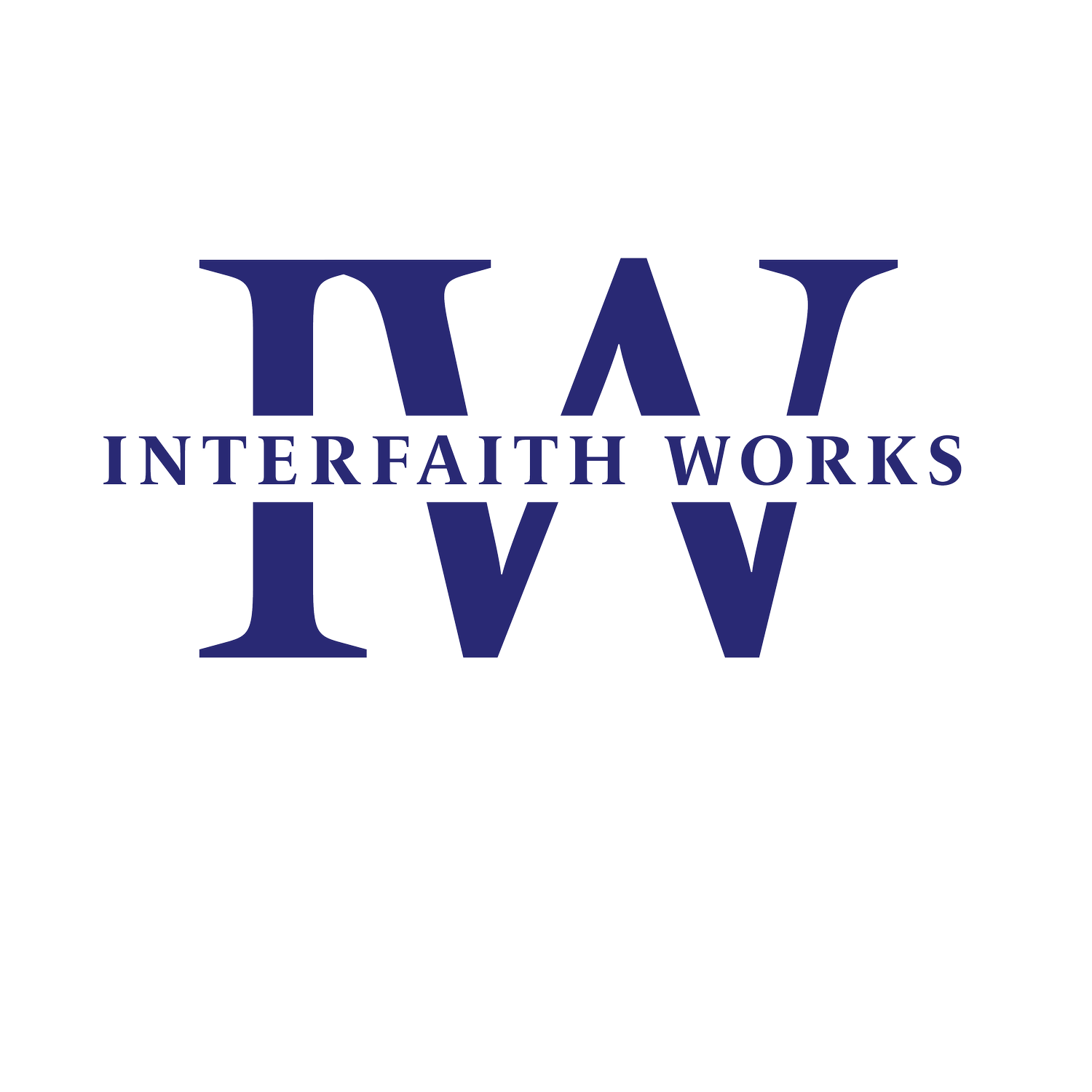Our Mission
To support our neighbors in need by providing vital services and a pathway to greater stability.
Our Story
Interfaith Works (IW) is a 501(c)(3) nonprofit that provides emergency shelter, supportive housing, essential needs, and employment programs to over 35,000 residents of Montgomery County, MD, every year. IW was founded in 1972 by local faith communities who saw Montgomery County residents in need and felt collaborative action was the best way to help them. Today, Interfaith Works is not a religious organization, but we maintain our original spirit of striving to provide Montgomery County residents in need with the best possible assistance through our various programs. The year 2022 marked IW’s 50th year serving Montgomery County. Over the last half-century, we have gained insight into how we can best carry out our mission and we have redefined our approach to pursuing this mission. Going forward, we plan to reaffirm all programs and practices around IW’s Core Values and further prioritize Diversity, Equity, and Inclusion in all IW practices.
IW’s Faith Community
Interfaith Works deeply values its roots in faith communities and welcomes partnerships with groups of all faith traditions. For more information on how your faith community can partner with IW, please contact Roslyn Roberts at rroberts@iworksmc.org and check out our Volunteer & Partnership Opportunities page.
Diversity & Inclusion
We are committed to fostering a diverse, equitable, and inclusive workplace. Doing so is aligned with our core values of compassion, empowerment, inclusion, respect, and social justice. Maintaining a workforce and Board that reflect our community and include people with lived experience allows us to improve how we serve our neighbors in Montgomery County. We believe the attention given to diversity, equity, and inclusion makes us a better organization.
Core Values
Interfaith Works embodies the following core values in all its programs and practices:
FAQs
-
No – Interfaith Works was founded by faith communities with a common goal, but there is no religious component to any of IW’s services.
-
Despite affluence in some parts of our community, about 7% of our neighbors (72,305 people) live on incomes that are below the Federal Poverty Line. Of those, 14.9% are female-headed households with children under 18 years of age.
Additionally, there are significant racial disparities among people living in poverty in Montgomery County. In our county, Black men and women account for 60% of individual adults experiencing homelessness even though only 19% of the population in Montgomery County is Black. Rates of poverty are highest for those identifying as “Some Other Race” (15.22%) and lowest for non-Hispanic White households (1.92%)” - American Community Survey (2016-2020
This is why emphasizing Diversity, Equity, and Inclusion in our work is essential to achieving our mission.
-
IW provides short-term, emergency shelter; longer-term, community-based supportive housing programs; free clothing, free household goods, and free food distribution; referrals families and individuals to vital services like legal assistance, healthcare, English classes and help with rent and utilities; and vocational services to help people find and maintain sustainable employment.
-
IW’s current operating budget is approximately $8.7 million, and its sources of funding are:
•$7.1 million (81%) in contracts with Montgomery County government and other governmental entities (to operate emergency shelters and other functions);
• $766k (9%) in donations from individuals, businesses, and faith communities;
• $687k (8%) in private foundation grants; and
• $241k (2%) in program income.
Additionally, IW receives $5-6 million a year in in-kind donations to the IW Clothing Center and other IW facilities.
-
During Fiscal Year 2021, our programs had the following impact:
• 12,370 individuals received clothing or household goods
• Approximately 21,500 individuals received food
• 1,109 people were housed or sheltered
• 84 people received job counseling, earning a collective $2 million annually





